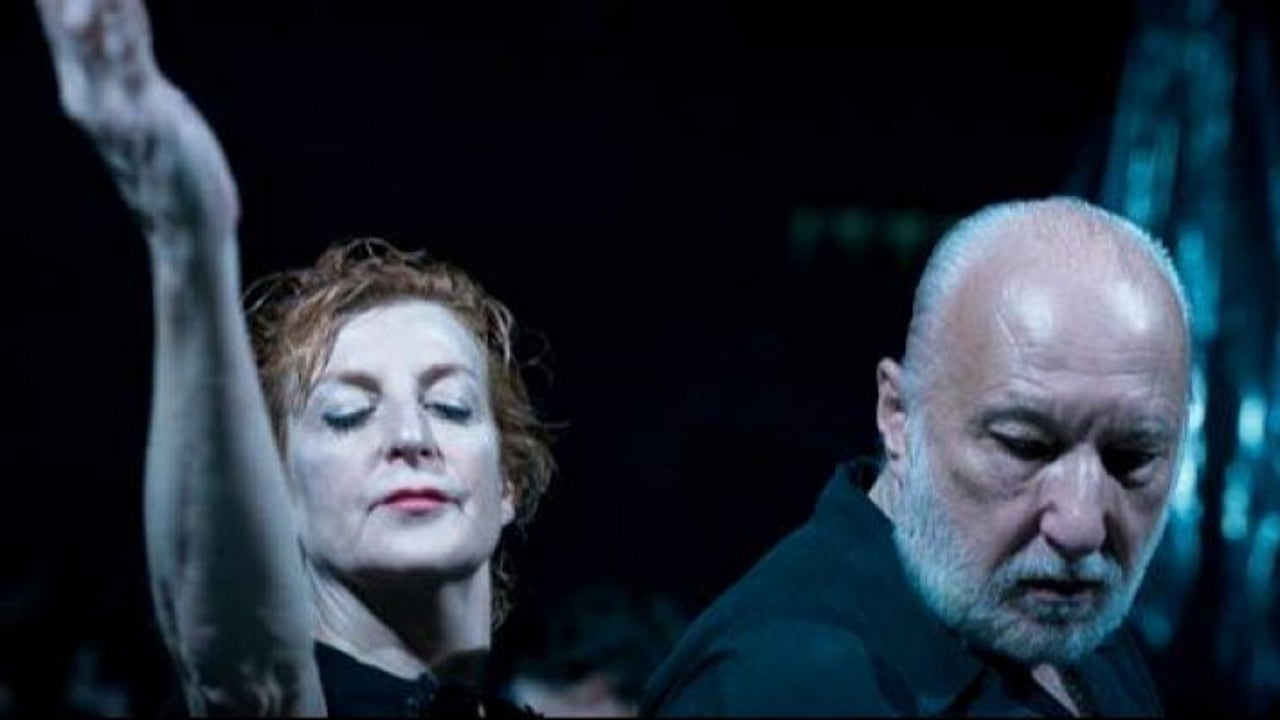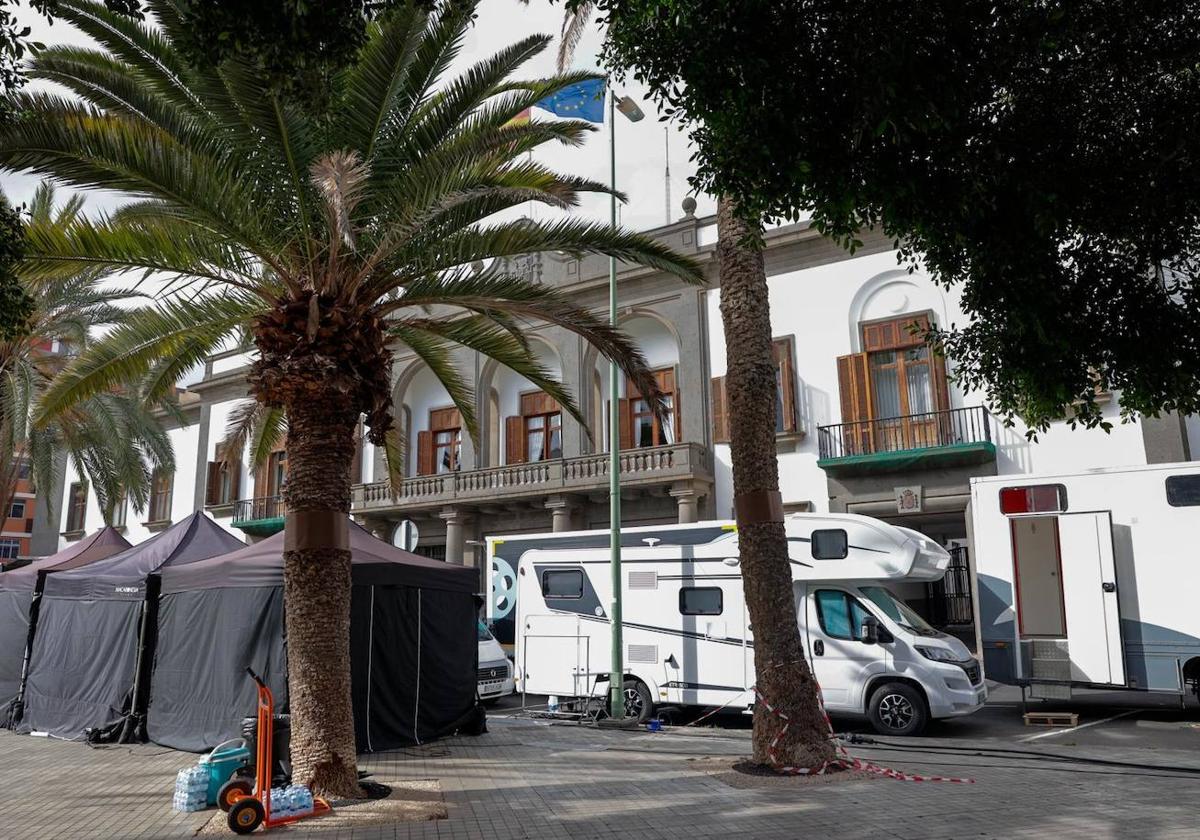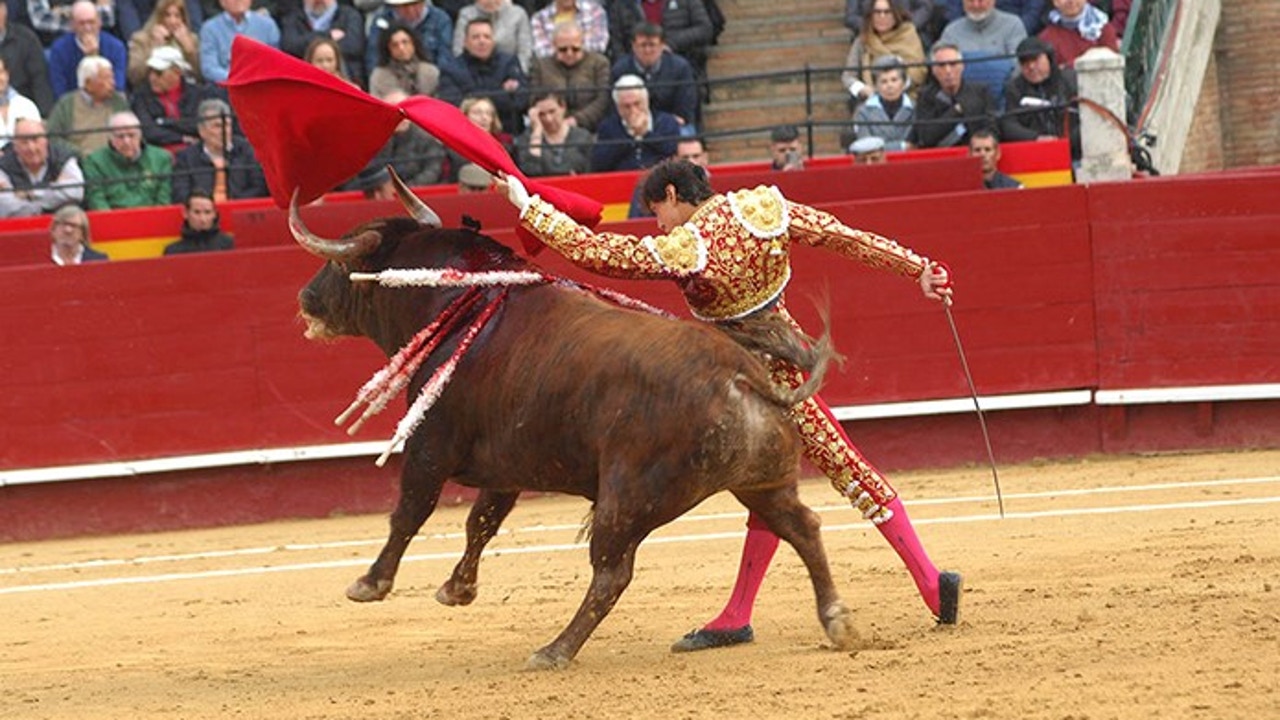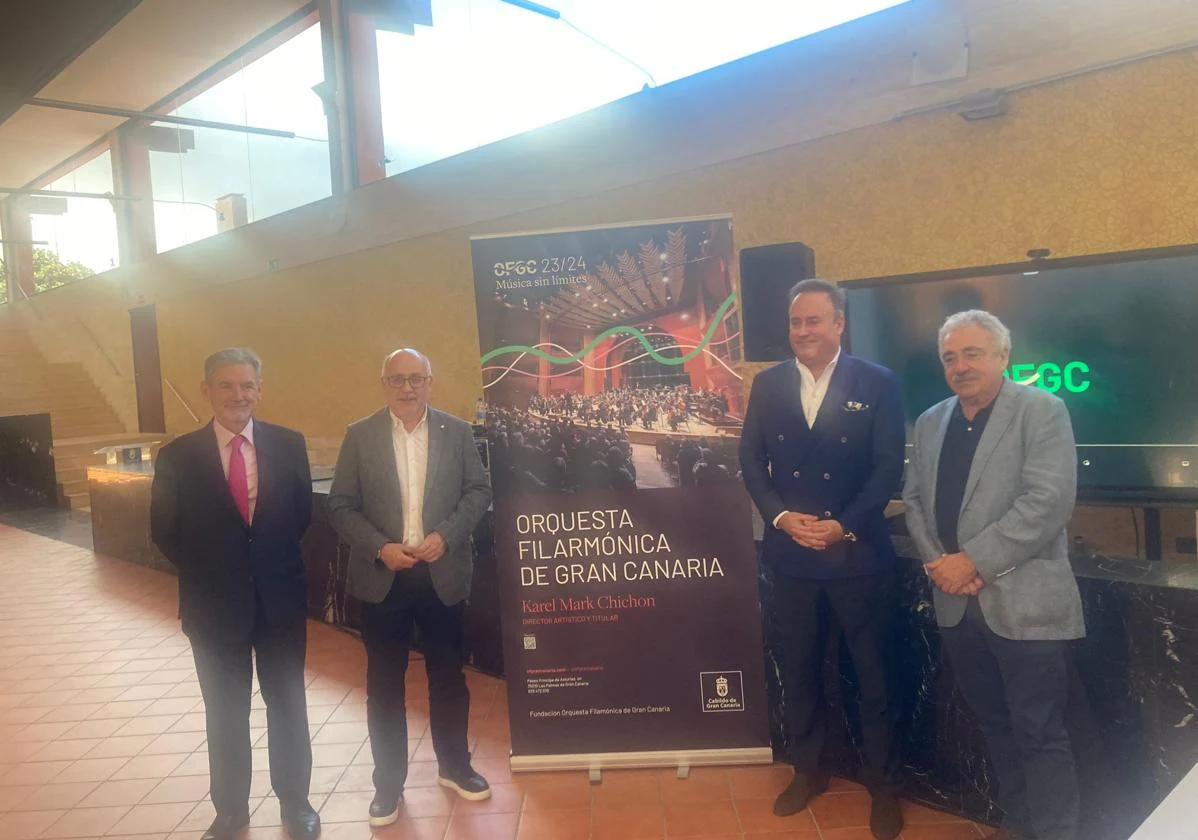inclusive language is a political debate


j. or. - Madrid
In 2018, the Vice President of the Government, Carmen Calvo, asked the Royal Spanish Academy for a report to apply the inclusive language to the Constitution. According to his own statements: «The universal masculine does not include the feminine, it is necessary to change things». A statement that contradicted the opinion of linguists and experts, who kept repeating the opposite. However, the then director of the institution commissioned this task, which, in fact, already had a previous study on this same issue, to a team of two academics and two academics (Pedro Álvarez de Miranda, Inés Fernández-Ordóñez, Ignacio Bosque and Paz Battaner) so that they can reexamine this media issue with attention. After a huge delay, this Christmas, the members of the SAR decided to enter to discuss it. After some lengthy deliberations, which have lasted for several sessions and which have focused on the weekly meetings that take place in the Plenary Hall, the result has been quite clear, as expected and that some had advanced, perhaps because they considered it logical and consistent with what they had repeated to satiety in the past: there are no urgent motives nor of linguistic and scientific nature that encourage a change in the Magna Carta.
There is some feeling within the SAR to have fulfilled the obligation entrusted to them, but it is also considered that this institution does not have any kind of power or influence to give rise to a modification of this nature or any other in that text Likewise, it is argued that there are no evolutionary reasons in the language, especially regarding the time in which it was written in the past, 1977, that justify that a correction of this type be applied by scrutinizing that excuse and that, of course, if you want Advancing in that direction is solely for reasons that have more to do with politics than with philological considerations. The academics, however, have always insisted that the Royal Spanish Academy has only undertaken a technical work on the nature of the language and its effective practice in society, and nothing else.
Carmen Calvo, to whom the aforementioned report has already been sent, being the petitioner's Government, will have to make two important decisions: the first, if it makes public the content of the report and, second, how it will proceed once it is the resolution of academics. Of course, if you decide to continue with your purpose, you will not be able to rely on any decisive resolution taken by the SAR that, from the beginning, showed in a clear way what your position on this matter was. In spite of that he has repeated it several times. The issue of word splitting in masculine and feminine has been sponsored by the enormous social pressure that currently exists on gender issues, but almost all experts claim that, in reality, this technique is to use, for example, "Citizens" is not used in the everyday reality of speakers. The Constitution of Venezuela, which is a text that has been put on numerous occasions to illustrate this same issue, has, however, become an example of how useless and tedious it is to apply the split, and the fictional and unreal that It is in the background. In Spain, the only one that would be more or less admitted would be in the case of the King, but this is something that has already been mentioned on previous occasions.
In any case, a modification of the Constitution at the moment, with the current distribution of political forces that occupy Parliament's seats, seems quite unlikely. But in the event that it succeeded, this initiative would be solely and exclusively for political motivations or implications, not philological, since it is a debate, as some academics consider the Spanish Royal Academy, which should not resolve this institution . We must also remember that, in the past, when this study was commissioned, the PSOE ruled alone, without any partner in La Moncloa. But since the last elections, the situation has changed and is now immersed in a coalition government with United We, which, perhaps, and taking into account some of its positions, could also press to continue with this issue.











